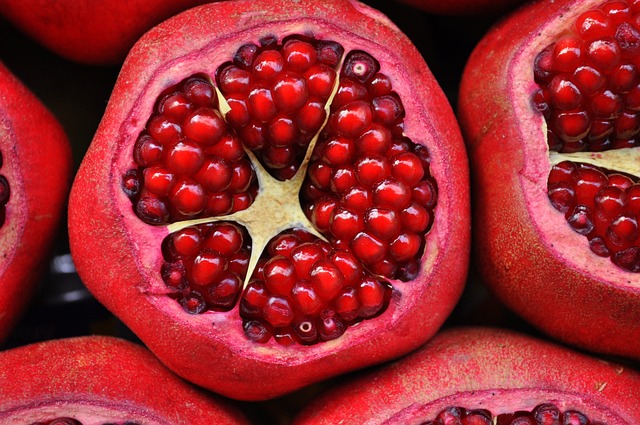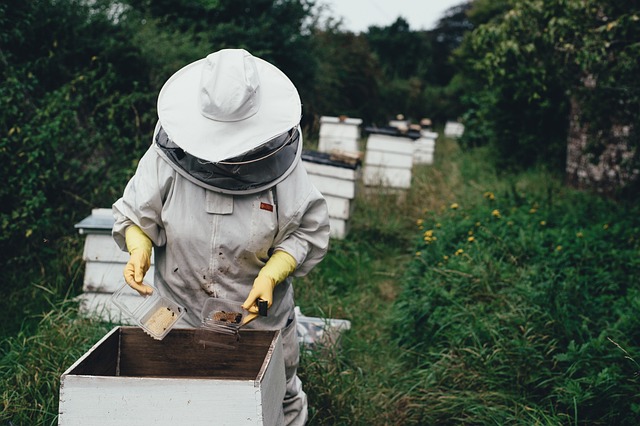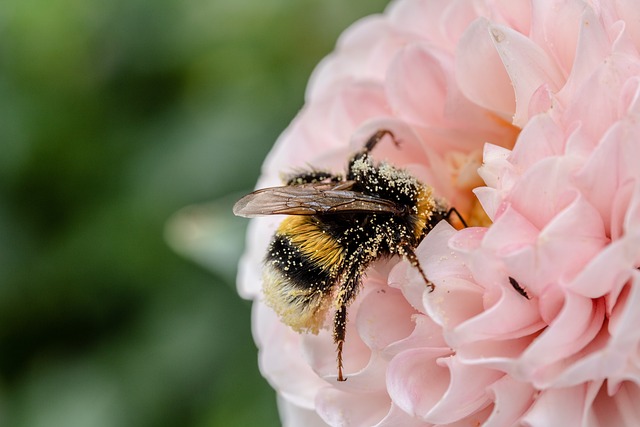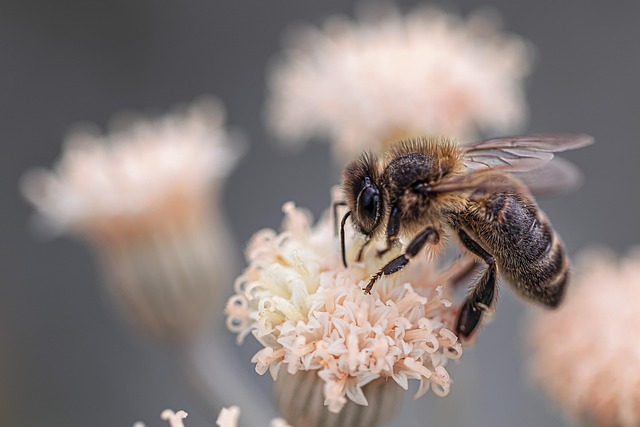Bees – Our food providers and ecosystem supporters!
World Bee Day is an annual celebration that takes place on May 20th, raising awareness about the crucial role of bees and other pollinators in our ecosystem! The day aims to highlight the importance of bees and other pollinators in maintaining biodiversity and food security, as well as the threats they face, such as habitat loss, pesticide use, and climate change.
Why are bees so important to people and the planet?
Bees are part of the biodiversity on which we, as well as the planet, depend on for survival. Besides producing honey, which is delicious and has many health benefits, bees are the primary insect pollinators.
Pollination is vital to the approximately 250,000 species of flowering plants that depend on the transfer of pollen from flower to reproduce. As pollinators, bees play a part in every aspect of the ecosystem. They support the growth of trees, flowers, and other plants, which, as part of the ecosystem, serve as food and shelter for many larger and smaller creatures. Bees play a vital role in a complex, interconnected ecosystem and in enabling different species to coexist.
Food production depends on bees

As pollinators, bees contribute directly to food security and are responsible for much of the food on your plate. According to bee experts at the Food and Agriculture Organization (FAO) of the United Nations, a third of the world’s food production depends on bees. This means that bees are responsible for one of every three bites of food you eat.
There is no doubting the importance of bees to our flora, fauna, and food supply. Without bees, our gardens would be bare and our plates empty.
Pesticides and pollution: Threats to the Bees and our Ecosystem

But sadly, bees and other pollinators are increasingly threatened by human activities. Because bees are so crucial to our ecosystem, the threat to bees also means a threat to various plants that are critical to human well-being and livelihoods. Bee populations have been declining globally over recent decades due to habitat loss, intensive farming practices, changes in weather patterns, and excessive use of agrochemicals such as pesticides. There exist several reasons that pesticides and air pollution are a threat to bees, including that:
- Pesticides, when applied to crops, can reach bees through the air, water, and soil,
- Neuonicotunoids can impact the reproductive success of wild pollinators such as bees,
- Air pollutants interact with scent molecules sent out by plants, which bees need to locate food. This means it takes bees longer to forage and that bees become less effective at pollination,
- Pesticides, particularly insecticides, have been shown to have a broad range of lethal effects on pollinators, such as bees, under controlled experimental conditions,
- Neurotoxic pesticides negatively affect bees’ ability to recognize their nests,
- Pesticides can negatively affect the navigation pattern as well as the learning and feeding behavior of bees.
How can you support the well-being of our bees?

As a step in the right direction, and to spread awareness about this and encourage governments, organizations, civil society, and concerned citizens to protect pollinators and their habitats, the UN has declared 20 May World Bee Day. Additionally, there are some actions you can take yourself to help preserve bees and other pollinators, including:
- You can plant nectar-bearing flowers such as marigolds or sunflowers for decorative purposes on balconies, terraces, and gardens,
- Buy honey and other hive products from a local beekeeper,
- Raise awareness among children and adolescents on the importance of bees and express your support for beekeepers,
- Set up a pollinator farm on your balcony, terrace, or garden,
- Use pesticides that do not harm bees, and spray them in windless weather, either early in the morning or late at night, when bees withdraw from blossoms,
- Preserve fields, which feature a more diverse array of flowers, and sow nectar-bearing plants,
- Cut grass on fields only after the nectar-bearing plants have finished blooming.
Read more about the importance of bees here!
